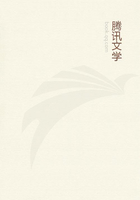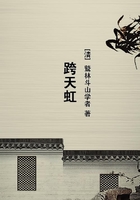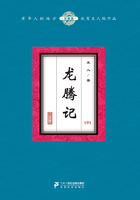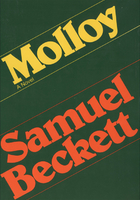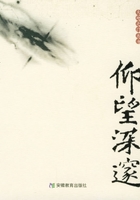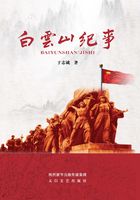They have no ceremonies at birth, marriage, or death. They are monogamists, and, according to Mr. Syers, extremely affectionate. One of their strongest emotions is fear, and their timidity is so great that they frequently leave the gutta which they have collected at the foot of the tree, not daring to encounter the trader from whom they expect some articles in exchange; while the fear of ridicule, according to Mr. Maxwell, keeps them far from the haunts of the Malays.
[*I was so fortunate as to see two adult male Jakuns and one female, but my information respecting them is derived chiefly from Mr. Syers, Superintendent of Police in Selangor, and from Mr. Maxwell, the Assistant-Resident in Perak.]
The Rayet, or Orang Laut, "subjects," or men of the sea, inhabit the coast and the small islets off the coast, erecting temporary sheds when they go ashore to build boats, mend nets, or collect gum dammar and wood oil, but usually living in their boats. They differ little from the Malays, who, however, they look down upon as an inferior race, except that they are darker and more uncouth looking. They have no religious (!) beliefs but in the influence of evil spirits, to whom at times they perform a few propitiatory rites. Many of them become Mohammedans. They live almost entirely upon fish. They are altogether restless and impatient of control, but, unlike some savages, are passionately fond of music, and are most ingenious in handicrafts, specially in boat-building.
The Chinese in the Peninsula and on the small islands of Singapore and Pinang are estimated at two hundred and forty thousand, and their numbers are rapidly increasing, owing to direct immigration from China.
It is by their capital, industry, and enterprise that the resources of the Peninsula are being developed. The date of their arrival is unknown, but the Portuguese found them at Malacca more than three centuries ago. They have been settled in Pinang and Singapore for ninety-three and sixty-three years respectively; but except that they have given up the barbarous custom of crushing the feet of girls, they are, in customs, dress, and habits, the exact counterparts of the Chinese of Canton or Amoy. Many of them have become converts to Christianity, but this has not led to the discarding of their queues or national costume. The Chinese who are born in the Straits are called Babas. The immigrant Chinese, who are called Sinkehs, are much despised by the Babas, who glory specially in being British-born subjects. The Chinese promise to be in some sort the commercial rulers of the Straits.
The Malays proper inhabit the Malay Peninsula, and almost all the coast regions of Borneo and Sumatra. They all speak more or less purely the Malay language; they are all Mohammedans, and they all write in the Arabic character. Their color is a lightish, olive-tinted, reddish brown. Their hair is invariably black, straight, and coarse, and their faces and bodies are nearly hairless. They have broad and slightly flat faces, with high cheek bones; wide mouths, with broad and shapely lips, well formed chins, low foreheads, black eyes, oblique, but not nearly so much so as those of the Chinese, and smallish noses, with broad and very open nostrils. They vary little in their height, which is below that of the average European. Their frames are lithe and robust, their chests are broad, their hands are small and refined, and their feet are thick and short. The men are not handsome, and the women are decidedly ugly. Both sexes look old very early.
The Malays undoubtedly must be numbered among civilized peoples. They live in houses which are more or less tasteful and secluded. They are well clothed in garments of both native and foreign manufacture; they are a settled and agricultural people; they are skilful in some of the arts, specially in the working of gold and the damascening of krises; the upper classes are to some extent educated; they have a literature, even though it be an imported one, and they have possessed for centuries systems of government and codes of land and maritime laws which, in theory at least, show a considerable degree of enlightenment.
Their religion, laws, customs, and morals are bound up together. They are strict Mussulmen, but among the uneducated especially they mix up their own traditions and superstitions with the Koran. The pilgrimage to Mecca is the universal object of Malay ambition. They practice relic worship, keep the fast of Ramadhan, wear rosaries of beads, observe the hours of prayer with their foreheads on the earth, provide for the "religious welfare" of their villages, circumcise their children, offer buffaloes in sacrifice at the religious ceremonies connected with births and marriages, build mosques everywhere, regard Mecca as the holy city, and the Koran, as expounded by Arab teachers, as the rule of faith and practice.
Much learning has been expended upon the origin of Malayan, but it has not been reliably traced beyond the ancient empire of Menangkabau in Sumatra. Mohammedanism undoubtedly brought with it a large introduction of Arabic words, and the language itself is written in the Arabic character. It has been estimated by that most painstaking and learned scholar, Mr. Crawfurd, that one hundred parts of modern Malayan are composed of twenty-seven parts of primitive Malayan, fifty of Polynesian, sixteen of Sanskrit, five of Arabic, and two of adventitious words, the Arabic predominating in all literature relating to religion. Malay is the lingua franca of the Straits Settlements, and in the seaports a number of Portuguese and Dutch words have been incorporated with it.

